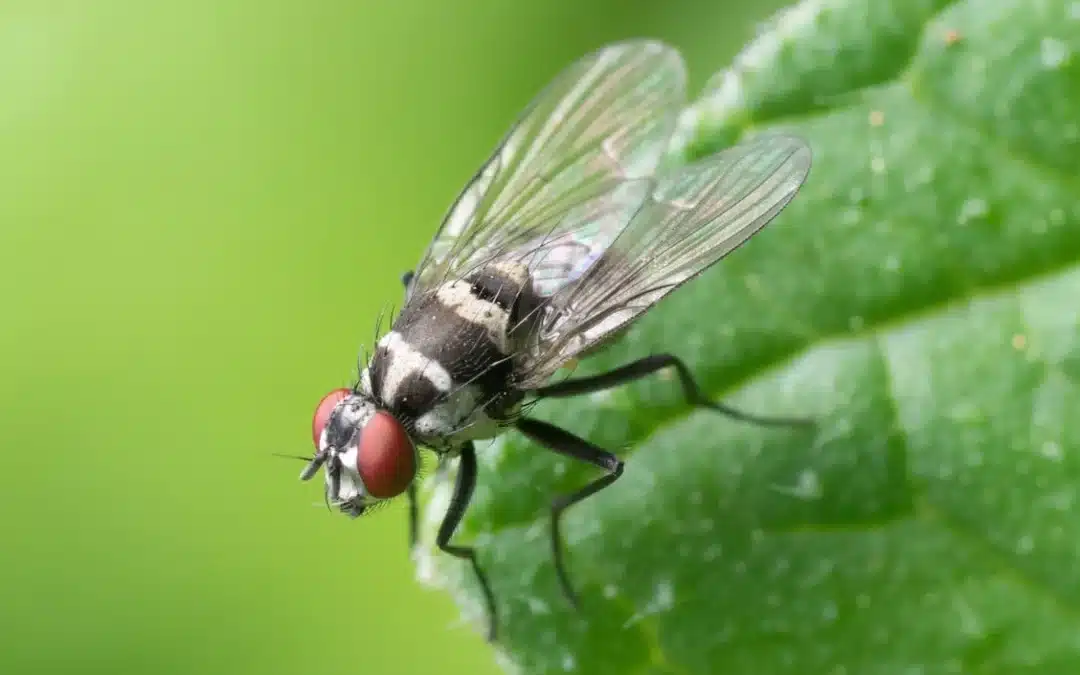Fly control is a crucial aspect of maintaining a clean and hygienic living environment. Flies can be a nuisance, not to mention carriers of diseases and bacteria. Preventing flies from entering your home and getting rid of existing infestations requires a strategic approach that targets their breeding grounds, food sources, and entry points. In this guide, we’ll explore effective methods for fly control to help you keep your home fly-free and comfortable.
Understanding Fly Behavior
Before delving into fly control methods, it’s essential to understand what attracts flies and how they enter homes. Flies are attracted to various sources, including decaying organic matter, open food containers, and damp environments. They are particularly drawn to rotting meat, fruits, and sugary substances. Flies can enter homes through open doors and windows, cracks in walls, and even small gaps in screens.
Preventing Flies from Entering
One of the primary strategies for fly control is preventing flies from entering your home in the first place. Start by inspecting your doors and windows for any gaps or cracks that could serve as entry points for flies. Seal these openings using caulk or weather stripping to create a barrier that prevents flies from infiltrating your living spaces.
Installing screens on doors and windows is another effective measure to keep flies out while allowing fresh air to circulate. Make sure the screens are intact and without holes that flies could use to enter. Additionally, consider using door sweeps to seal the gap between the bottom of doors and the floor, reducing the chances of flies slipping through.
Eliminating Food Sources
Flies are attracted to food sources, especially those that are decaying or fermenting. To prevent flies from being lured into your home, practice proper food storage and disposal. Keep fruits and vegetables in sealed containers or in the refrigerator to deter fruit flies. Dispose of food scraps promptly and avoid leaving food residue in sinks or on countertops.
For outdoor spaces, such as patios or decks, ensure that garbage bins have tight-fitting lids to prevent flies from accessing food waste. Regularly clean outdoor eating areas to remove any food debris that could attract flies.
Utilizing Natural Repellents
Several natural repellents can help repel flies and discourage them from lingering around your home. Apple cider vinegar, for example, can be used to create a homemade fly trap. Fill a shallow dish with apple cider vinegar and add a few drops of dish soap. The scent of the vinegar attracts flies, while the soap breaks the surface tension, causing them to drown.
Essential oils like peppermint, eucalyptus, and citronella are also effective at repelling flies. You can mix these oils with water and use them as a spray around doorways, windows, and other entry points to create a barrier that flies find unpleasant.
Using Fly Traps and Fly Paper
Fly traps and fly paper are traditional yet effective methods for getting rid of house flies. Fly traps typically use bait to attract flies, such as sugar water or rotting meat. Once flies enter the trap, they are unable to escape, leading to their demise. Fly paper, on the other hand, is coated with a sticky substance that traps flies when they land on it.
Place fly traps and fly paper in areas where flies are most active, such as near garbage bins, pet areas, or kitchen spaces. Regularly check and replace them as needed to maintain their effectiveness in controlling fly populations.
Employing Physical Removal Methods
In addition to traps and repellents, physical removal methods can help rid your home of flies. A fly swatter is a handy tool for quickly eliminating individual flies. When using a fly swatter, aim for swift and precise movements to increase your chances of success.
Vacuuming can also be effective for capturing flies that are flying or resting on surfaces. Use a vacuum cleaner with a hose attachment to target areas where flies are present, such as windowsills, light fixtures, and corners of rooms.
Seeking Professional Pest Control
If you’re dealing with a persistent fly problem or a large infestation, consider seeking professional pest control services. Pest control experts have the knowledge, tools, and treatments necessary to address fly infestations effectively. They can assess the extent of the infestation, identify breeding sites, and implement targeted strategies for long-term fly control.
Finally
Fly control is a multifaceted process that involves preventing flies from entering your home, eliminating food sources, using natural repellents, employing traps and physical removal methods, and, if needed, seeking professional pest control assistance. By implementing these strategies and staying vigilant, you can significantly reduce fly populations in your home and enjoy a more hygienic and comfortable living environment. Remember to address both indoor and outdoor spaces to achieve comprehensive fly control and keep your home free from pesky invaders.
FAQs About Fly Pest Control in Las Vegas
Why do I have flies in my Las Vegas home?
Flies are attracted to moisture, food debris, and garbage. Las Vegas’ hot climate can exacerbate these attractants.
Are there any preventative fly control services available in Las Vegas?
Yes! Many pest control companies offer preventative fly control plans to stop infestations before they start.
Are there preventative fly control services available in Las Vegas?
Absolutely! Many reputable pest control companies offer preventative fly control plans. These proactive services can significantly reduce the risk of an infestation and ensure a pest-free environment for your Las Vegas home.

